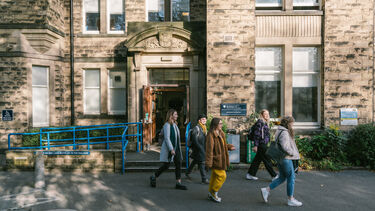Events
Events
The School of Sociological Studies, Politics and International Relations hosts conferences and events for researchers, students and the wider academic and professional community, both across the UK and internationally.



